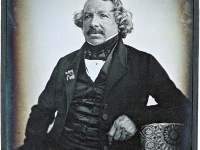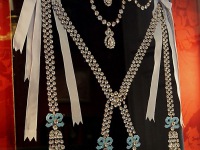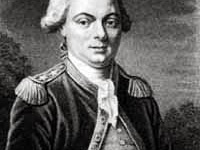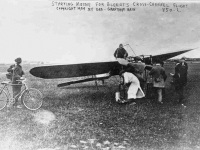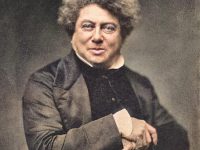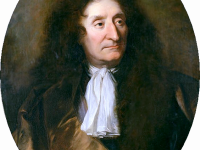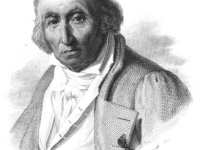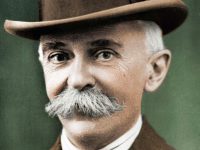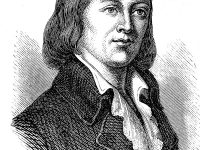Making Photography Really Operational – Louis Daguerre
On August 19, 1839, French artist and physicist Louis Jacques Mandé Daguerre, after announcing his invention to the French Academy of Sciences, went public with his newly developed photographic process called Daguerrotype, the wold‘s first practicable photographic process. The Invention of Photography Actually, Louis Daguerre did not invent photography, but, in 1829, he partnered with Nicéphore Niépce,[4] an inventor who had produced the world’s first heliograph in 1822 and the first permanent…
Read more

